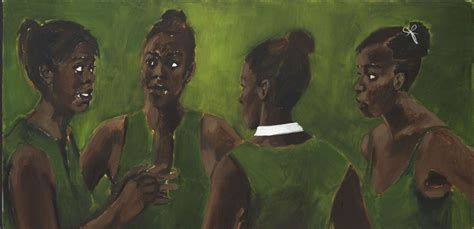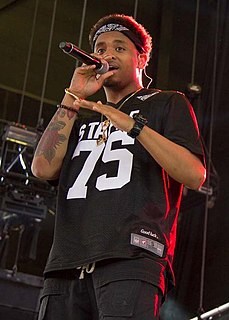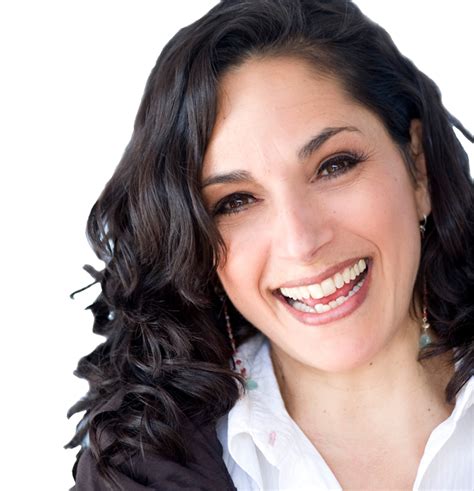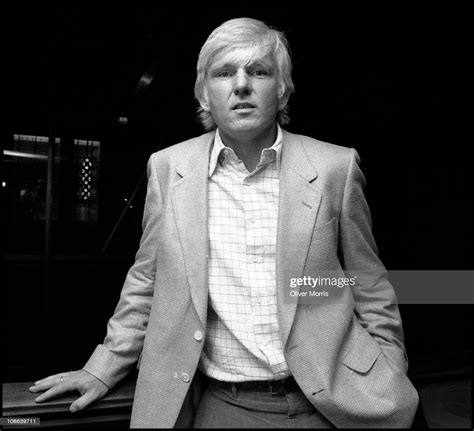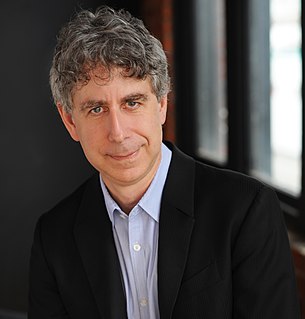A Quote by Steve Ballmer
In terms of the public positioning of the company, Satya's [Nadella] done a very good job. He sort of pivoted in a way that I don't think would have been possible for me to do even if I'd seen it that way, to really talk about this mobile-first, cloud-first world.
Related Quotes
The company [Microsoft] really has to chart a direction in mobile devices. Because if you're going to be mobile-first, cloud-first you really do need to have a sense of what you're doing in mobile devices. I had put the company on a path. The board as I was leaving took the company on a path by buying Nokia, they kind of went ahead with that after I told them I was going to go. The company, between me and the board, had taken that sort of view. Satya, he's certainly changed that. He needs to have a clear path forward. But I'm sure he'll get there.
I love the fact that Satya Nadella's checked the checkbox for cross-platform for a number of our services. I still think it's very important to do the right kind of innovative integration across Windows and our hardware platforms with our cloud services. I think the company's doing a lot of good stuff. Real competition in AWS. Real competition in terms of the clients, particularly from a hardware perspective, there's also [competition] from Chrome. But all in all pretty good.
When I was starting out, I would get printouts of what was being written about me that week. At first it was all good things, and then it started to turn. I very quickly learned, "This isn't good, this isn't helping me." But it was a very important exercise for me in terms of really understanding that one's sense of self is internal. I have had an extreme opportunity to learn that lesson, and I think it's been such a blessed fortune.
It's a very organic kind of way that people are discovering it, by word of mouth, which I always think is the best way for things to grow. In terms of the affect it's been having on me, I don't even notice that. It's lovely to be able to talk about a piece of work that you're very proud of, that I think's a complex piece of work and not superficial and has depth to it.
It's hard to pin down what the politics would be, in a way. For me the politics are very visual and felt, thought, seen, but not necessarily put into words. The confusions and conditions within the work are the politics. The fact that a lot of the time the first thing people want to talk to me about is the racial angle, which is a part of the work and I am happy to talk about it, but it's not necessarily the first thing on my mind when I am making something.
Of all the things about de Sade, I would argue he is funny. A lot of people didn't understand de Sade. No. 1, he is a very good writer, and No. 2, he had the courage to talk about a lot of things that in public, even now, almost nobody has the courage to talk about. He would do it with a kind of funny way - not the stories themselves, but the way he tells them. He is never serious.
You make a film and you can't really pick the way it's put to the public. You control the content, but the way it's marketed, or the poster, or what they're telling the public about the film, it's beyond you. Some people don't even see them, because they think they already know it. That can be frustrating, when something you've done is marketed in a way you think is antithetical to what it is.
People from my first home say I'm brave. They tell me I'm strong. They pat me on the back and say, 'Way to go. Good job.' But the truth is, I am not really very brave; I am not really very strong; and I am not doing anything spectacular. I am simply doing what God has called me to do as a person who follows Him. He said to feed His sheep and He said to care for 'the least of these,' so that's what I'm doing, with the help of a lot people who make it possible and in the company of those who make my life worth living
I think what saved me, as a writer, is that there are really two breaking points in my life. One was when I was 19 and my mother died, and one was when I was 31 and my first child was born. And that sort of gave me a kind of rebirth that I think has been invaluable to me as a novelist, in terms of seeing the world anew.
. . . I do think that deep down, a lot of my work is about people trying to make reasonable accommodations of situations that are insane or absurd. . . . At first I thought the events had power in themselves, that I would just present them. I really wasn't aware of the things that finally became central issues to me - the shifting alliances, the way people hardly even know they've shifted. That part of [A QUESTION OF MERCY] is very familiar to me in terms of my other plays.
I think Google's founders are both a couple of guys with some high ideals which have been to some degree reflected in the way the company has been run in terms of its having a very good workplace and good employee programs, and now that they're going public they want in some ways to be able to ensure that that kind of approach continues. So they've effectively put in place this notion of "Don't Be Evil".




